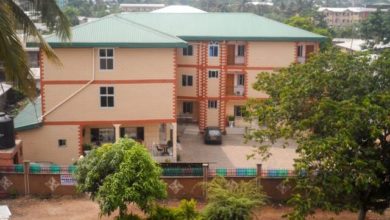
The Cameroonian capital is witnessing an unprecedented surge in housing costs, sending shockwaves through households across the city.
Rents have doubled in less than three years, with mid-range apartments now priced at levels once reserved for upscale neighborhoods, leaving many residents struggling to cope financially.
Local tenants report that real estate developers are increasingly setting their own rules, dictating not only rental prices but also the number of months’ deposit required.
“The financial pressure is unbearable for many families,” one resident said, describing the growing precariousness felt by ordinary citizens.
Analysts attribute the boom to high demand, a chronic shortage of quality housing, and insufficient regulation of the sector.
“Developers are exploiting a legal vacuum to impose sometimes abusive conditions,” noted a real estate expert, warning that unchecked growth could destabilize the market and harm social cohesion.
The influx of new residents every year has intensified pressure on Yaoundé’s housing supply, but construction projects are often geared toward high-end developments that remain inaccessible to the majority of citizens.
This imbalance has created a widening gap between housing availability and affordability, fueling concerns over a potential social crisis.
Authorities are being urged to implement clear, firm regulations that govern rental prices and contract terms.
Experts suggest that a coherent public policy, combined with incentives for affordable housing construction, could help restore balance to the market. Without decisive action, housing in Yaoundé risks becoming a luxury accessible only to a minority.
In the meantime, residents are finding ways to adapt, balancing their need for shelter with increasingly tight budgets. Community groups and advocacy organizations emphasize that failure to address the boom could exacerbate inequality, leaving large segments of the population vulnerable.
As Yaoundé’s real estate sector continues its rapid expansion, the coming months may prove critical in determining whether the city can manage growth sustainably or face a deepening housing crisis that affects both social stability and everyday livelihoods.



